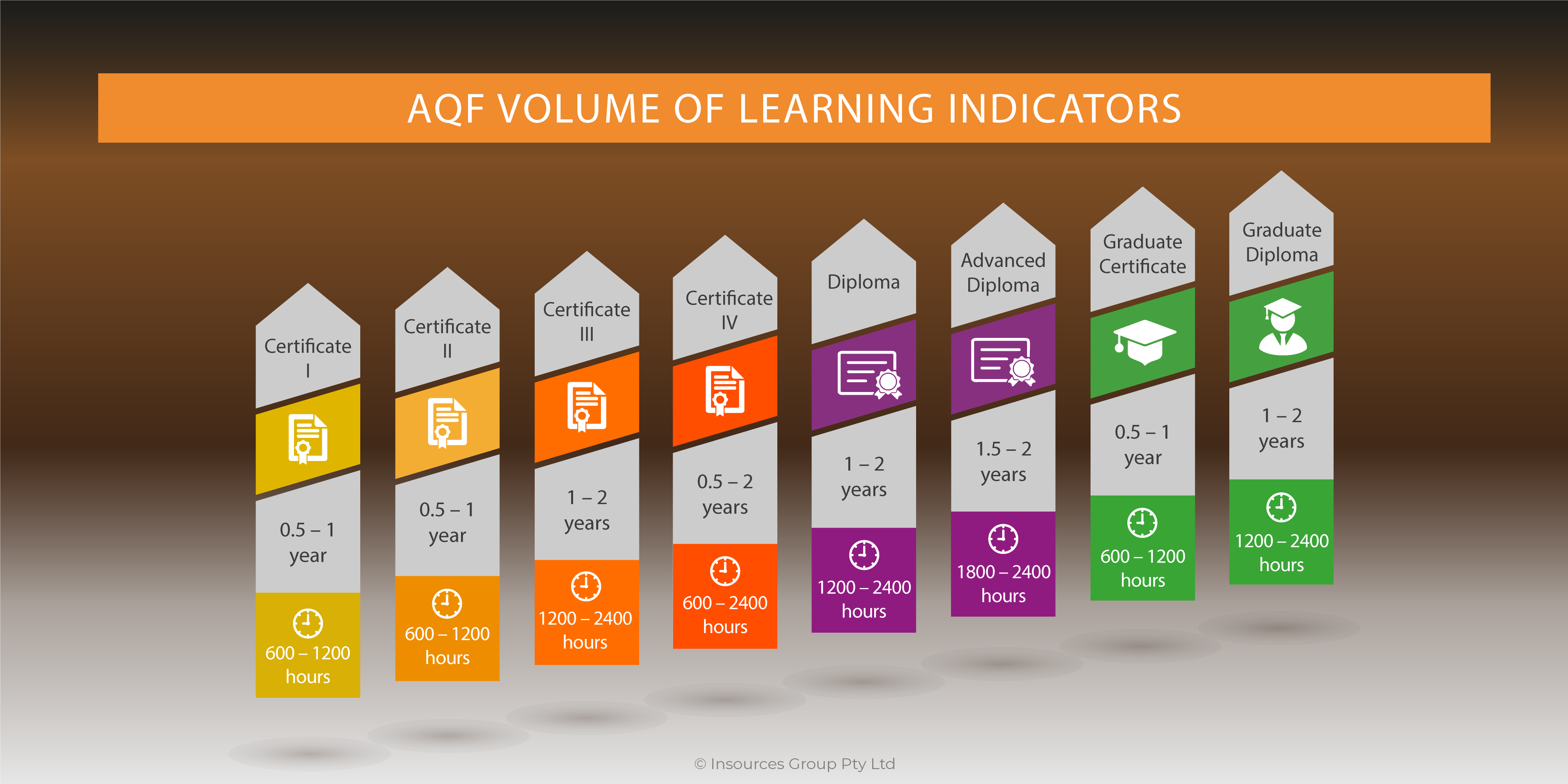Knowing adult learning theory helps you train leaders
Despite the seeming universality of adult training programs, theorists define adult learning very differently. This variance comes both from advances in the field of cognitive neuroscience and from the researchers’ own methods and philosophies, ranging from humanism to personal responsibility orientation to behaviorism to critical perspectives and beyond. But understanding these different contributions of adult learning theorists isn’t just academic.
It gives you, as a leadership educator, a concrete grasp of which methods and activities will work and which won’t—and why—in your training of future executives and top-line managers. As one rather hard-boiled alum I taught wrote in a course evaluation, “I paid you money to teach me. Not cuddle me. You came through and taught me about group dynamics and real leadership. It was a little confusing, but the dividend was far greater. Thank you.”
Adult learning theories
By the middle of the last century, Malcolm Knowles contributed to the adult learning field by popularizing the term andragogy (teaching adults, as contrasted with pedagogy, teaching children) and defining it as “the art and science of helping adults learn.” He based his practice on five essential qualities he identified in people:
- Self-concept: Mature people advance in self-knowledge and self-direction.
- Experience: Adults draw on their experiences to aid learning.
- Readiness: Adults’ openness to education matches the social roles they’ve mastered.
- Orientation: Adults want to apply new knowledge immediately to solve problems.
- Motivation: As people mature, their motivation to learn is increasingly internal.
Knowles argued that adults must participate directly in planning and evaluating their instruction. Their active experience—including mistakes—should form the basis for learning, as should a focus on subjects immediately relevant to their work or private life. In short, Knowles thought that adult learning is, and therefore adult instruction must be, personal and problem-centered, rather than content-oriented.
Michael Collins specified that what makes adult learning adult is its interweaving of theory with application, so that learning prompts practice and practice prompts learning. Adults learn when the objectives seem realistic and relevant to them; when they initiate and control their own learning; when immediate experiences let them apply the learning at work; when classroom feedback supports them instead of judging them; when small-group activities provide chances to apply, analyze, synthesize, and evaluate material; when the diversity of their personal life experiences, skills, and interests are welcomed; and when coaching and follow-up help them perform and thus retain new skills. As one of my alums put it, “Our cohort was ideal because the students came from diverse professional backgrounds.”
Sharan B. Merriam and Rosemary S. Caffarella broadened this appreciation of life experience to include not just personal history and skills, but also physical and psychological changes from aging. Biological and mental developments (including deterioration and diseases) and the new socio-cultural challenges they bring, affect an adult’s performance and motivations for learning. This means each mature thinker brings several types of experience to class: life experience (including changes in cognitive abilities); work experience (including resulting habitual thought patterns); positive or negative learning experiences; gaps in educational history; and cognitive and physical factors affecting performance.
Linda Argote, Bill McEvily, and Ray Reagans furthered Merriam and Caffarella’s sensitivity to the many factors affecting adult learning by arguing that experience plays a role in one’s ability to create, retain, and transfer knowledge. For them, older thinkers are characterized less by age than by learning traits: self-motivation and self-direction; capacity for group learning; curiosity; critical thinking skills; introspection; and the ability and desire to articulate and apply life experiences to course content. These aptitudes, Sherri L. Wynn warned, make teaching a classroom of mature learners both unique and challenging. For, while they share these strengths, they arrive from dissimilar backgrounds and bring varying levels of preparedness. Based on that, Mark R. McCoy insisted that adult education be learner-centered, allowing participants to draw from their own lives, take responsibility for their learning, apply it immediately to real-life situations, and grow as self-directed and proactive learners.
Adult learning theory consensus
Despite theoretical debates, then, most adult learning experts agree that teachers of mature learners must first come to understand them, so they can guide them to know themselves as well as the course material. Equally, most adult education program planners should design courses with sensitivity to adult learning needs, as Caffarella counseled.
Researchers also concur that adults learn best when they desire to learn and are mentally ready for the challenge. To succeed, learners must first identify and own their goals, whether to improve work performance, family life, or health; enjoy the arts, physical recreation, or a hobby; or simply increase their knowledge. They must also collaborate with others, which means they must feel supported by, and must themselves support, class colleagues. Finally, mature learners have to participate actively in their education and in the assessment of their progress and build on their own life wisdom.
To sum up, current learning studies suggest that adult learning techniques should parallel adults’ cognitive and motivational qualities: life lessons, self-direction, readiness to work for individual goals, focus on real-life problem-solving, and the ability to cooperate for their own growth as well as that of an organization. This consensus shapes all major adult education approaches.
Source: This article is excerpted from Learning for Leadership: A Facilitative Approach for Training Leaders by Yael Hellman.




